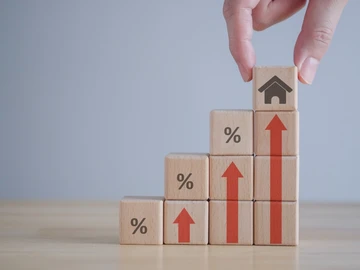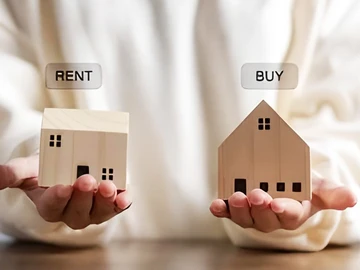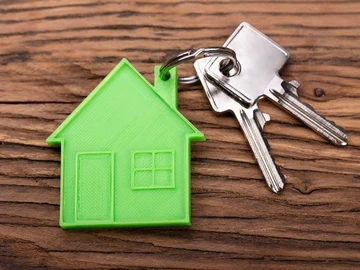Over the past 10 years, online property marketplaces have undergone significant evolution. They have become more user-friendly, and efficient, and have introduced innovative features to enhance the property search and buying experience. Here are some key developments:
1. Enhanced User Experience: Online property marketplaces have focused on improving their user interfaces, making it easier for users to navigate and find relevant property listings.
They now provide advanced search filters, interactive maps, and high-quality images to help users visualize properties better.
2. Mobile Optimization: With the rise of smartphones, property marketplaces have optimized their platforms for mobile devices.
This allows users to search and browse properties on the go, making the process more convenient and accessible.
3. Virtual Tours and 3D Visualization: To provide a more immersive experience, many online property marketplaces now offer virtual tours and 3D visualization options.VR and AR technologies are transforming the way properties are marketed and viewed.
Users can virtually explore properties from the comfort of their homes, saving time and effort. Virtual tours and 360-degree property visualizations allow buyers to explore properties remotely, while AR applications enable users to visualize furniture or renovations within a space.
4. Data Analytics: Property marketplaces have leveraged data analytics to provide users with insights into market trends, property values, and neighborhood information.
Predictive analytics, market trend analysis, and demand forecasting assist investors, developers, and agents in making informed decisions and identifying investment opportunities.
5. Integration of Financial Tools: Some platforms have integrated financial tools, such as mortgage calculators and affordability estimators, to help users understand their financial capabilities and plan their property investments effectively.
6. Social Features: Many online property marketplaces now have social features, allowing users to connect with real estate agents, ask questions, and share listings with friends and family.
This fosters a sense of community and collaboration within the platform.
7. Expansion into Rentals and Commercial Properties: Initially focused on residential properties, online marketplaces have expanded their offerings to include rental properties and commercial real estate.
This diversity provides users with a more comprehensive range of options.
8. Artificial Intelligence (AI) and Machine Learning (ML): AI and ML technologies are being used to improve various aspects of the real estate industry. From chatbots for customer service to predictive analytics for property valuations, AI and ML are enhancing efficiency, decision-making, and customer experiences.
9. Internet of Things (IoT): IoT devices are being integrated into properties to enhance security, energy efficiency, and tenant experience.
Smart home devices, such as thermostats, locks, and lighting systems, can be controlled remotely, while sensor-based systems can optimize resource usage and maintenance.
10. Blockchain and Smart Contracts: Blockchain technology is being explored for property transactions, title transfers, and smart contracts. Blockchain ensures transparency, security, and immutability, streamlining processes and reducing the need for intermediaries.
12. Sustainability and Green Technologies: The focus on sustainability and energy efficiency is increasing in the real estate sector.
Proptech solutions are incorporating smart energy management systems, renewable energy integration, and green building certifications to reduce environmental impact and operational costs.
13. Co-Living and Co-Working Spaces: Proptech has facilitated the rise of flexible living and working models.
Platforms enabling co-living spaces and co-working environments provide individuals and businesses with flexible and affordable options, leveraging technology for seamless operations and community building.
Overall, the evolution of online property marketplaces has been driven by a desire to enhance convenience, accessibility, and user experience.
These platforms continue to adapt and innovate, bringing new technologies and features to streamline the process of finding, buying, or renting properties.
 Continue with Facebook
Continue with Facebook
 Continue with Email
Continue with Email














